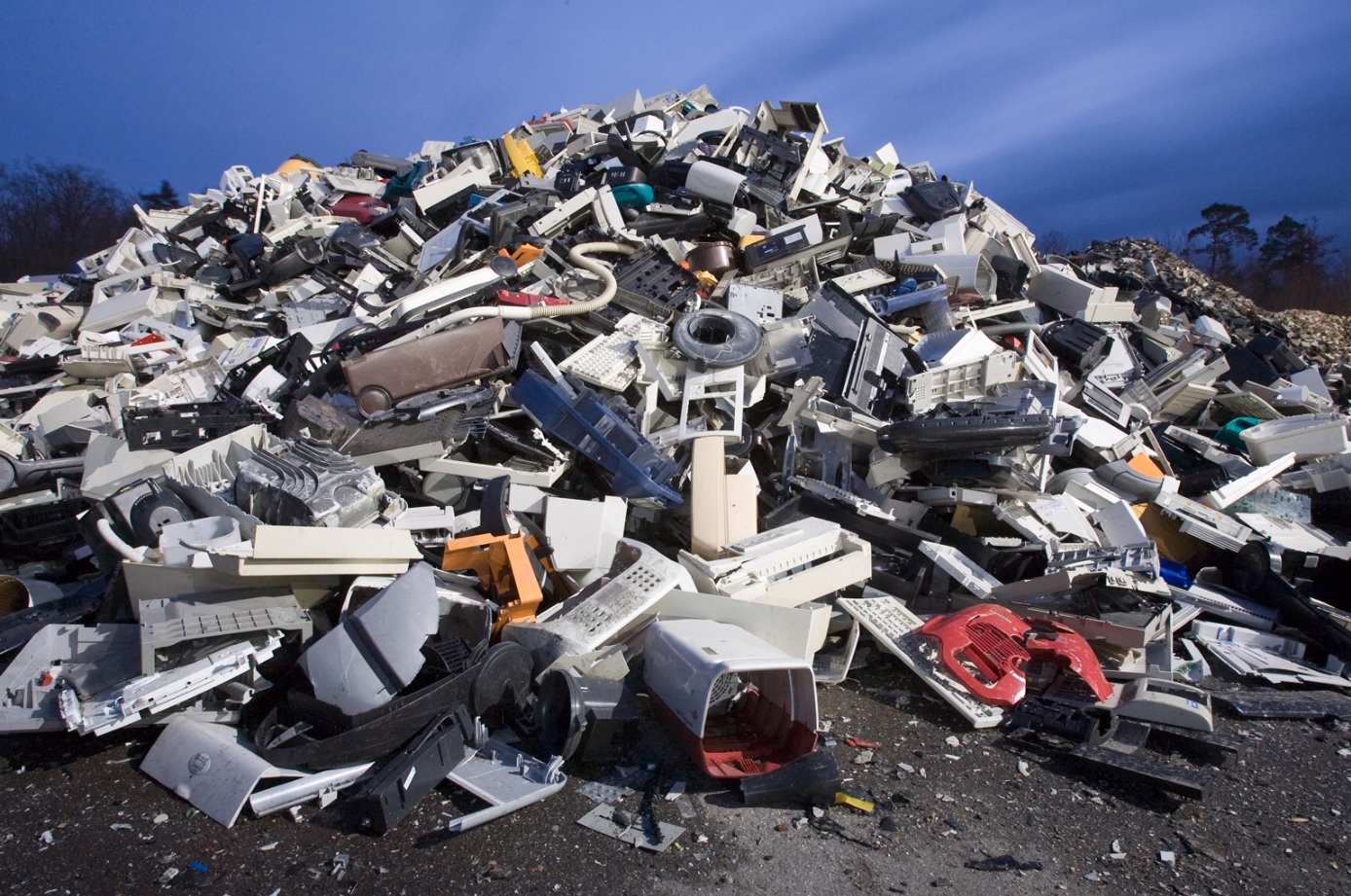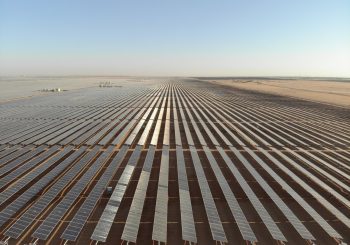E-waste is one of the fastest growing wastes in the world. Communication and technological literacy is increasing, and access to electronics and electric appliances is rapidly growing, and consequently so is electronic waste. Material such as lead, cadmium, mercury, zinc, and many more, are all found in all electronic and electrical devices used daily in our lives, which turn into health and environmental hazards if not disposed of properly.
E-Khorda, a project which forms part of the Sustainable Recycling Industries (SRI) Programme, is an electronic waste recycling entrepreneurship support program that aims to help build operational e-waste companies by end of 2017.
Egypt is seen as a high potential market. According to a study conducted by the ‘Best of 2 Worlds Project’, between 2017 and 2025 up to nine tons of gold can be extracted from e-waste. “Other findings also revealed that up to 17.96 tons of silver can be extracted from end-of- live (EOL) mobile phones in 2025. An estimate of cumulative potential gold and silver in EOL desktop and notebook computers, is approximately 3.73 & 22.71 tons respectively in 2025”, stated Dr. Fathya Soliman, Senior Consultant of Centre for Environment and Development for the Arab Region and Europe (CEDARE).
The program, E-Khorda, will offer 10-15 potential e-waste startups from Egypt 10 full day training sessions on business and technical topics such as business modeling, cash flow analysis and technology assessment. It will also provide 60 hours of individual technical consultancy sessions, and five business sessions related to finance, marketing and pitching through Startup Reactor Accelerator.
The top three performing startups will be identified through a panel of experts and will continue to receive full acceleration benefits of Startup Reactor Accelerator by Innoventures. This includes office space, training, mentoring, marketing benefits, legal registration and investment opportunities for an additional six months. Successful startups will also get a chance to pitch in the event during the Global Entrepreneurship Week in November.
The training and technical consultations will be provided by Chemonics Egypt Consultants and Cleantech Arabia in association with the Ministry of Trade and Industry. Meanwhile, the investment matching and workshops are provided by Innoventures’ Startup Reactor.
Those who wish to take the opportunity to build a business that makes a difference should complete the online application before March 5.
Cairo witnessed the launch of the SRI Project in July in Egypt as the result of the agreement signed between the Egyptian Government, represented by the MCIT, and the Swiss Government, represented by the Swiss Embassy in Cairo.
The main goal of the project is to support the sustainable integration and participation of small and medium enterprises in the recycling of e-waste in Egypt. Non-hazardous resourceful management of secondary non-renewable resources will be optimized, and local capacity of formal and informal sectors will be improved, ensuring sustainable e-waste recycling and job creation.
If you’re interested, click here to apply.
———————————-







Comments (0)